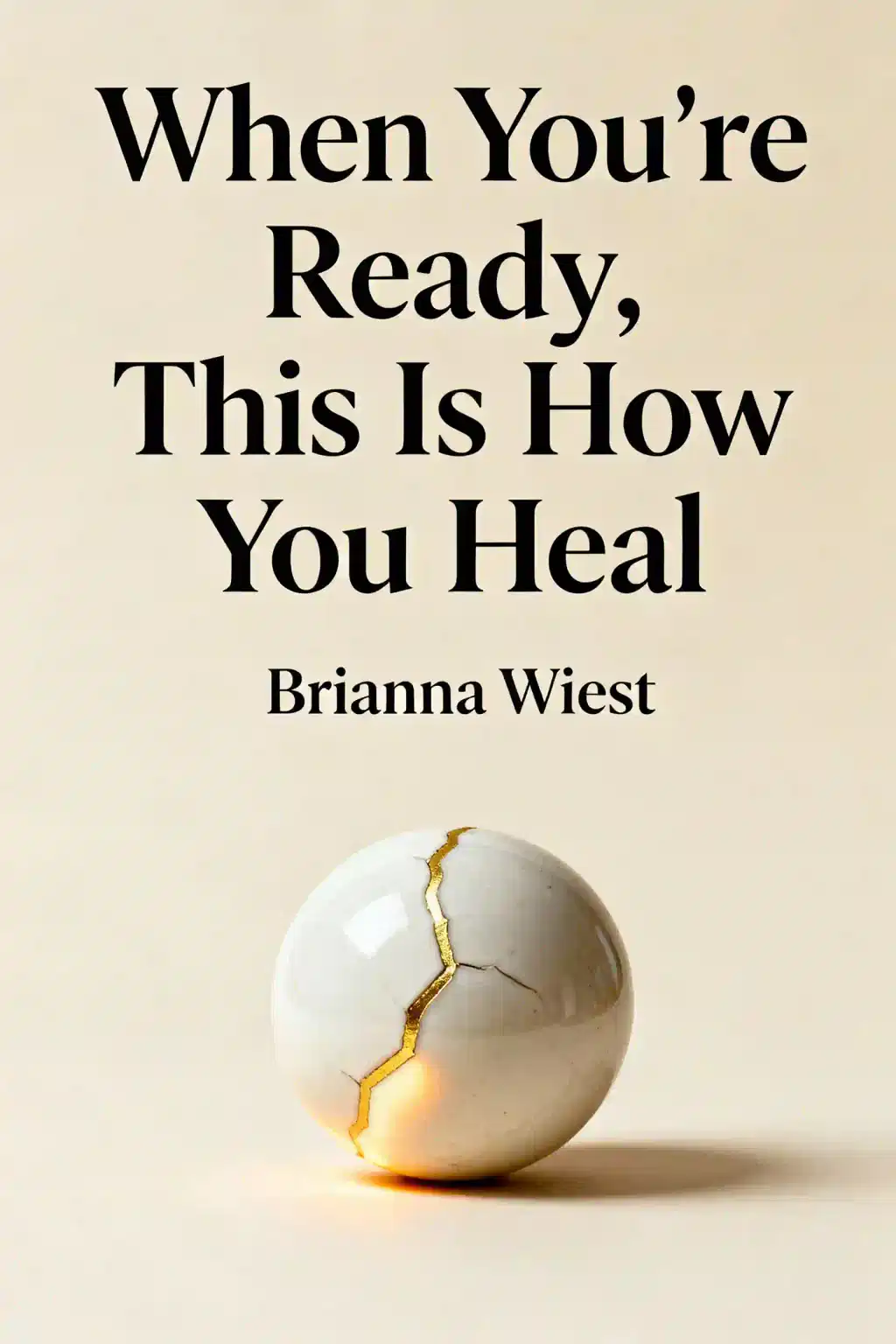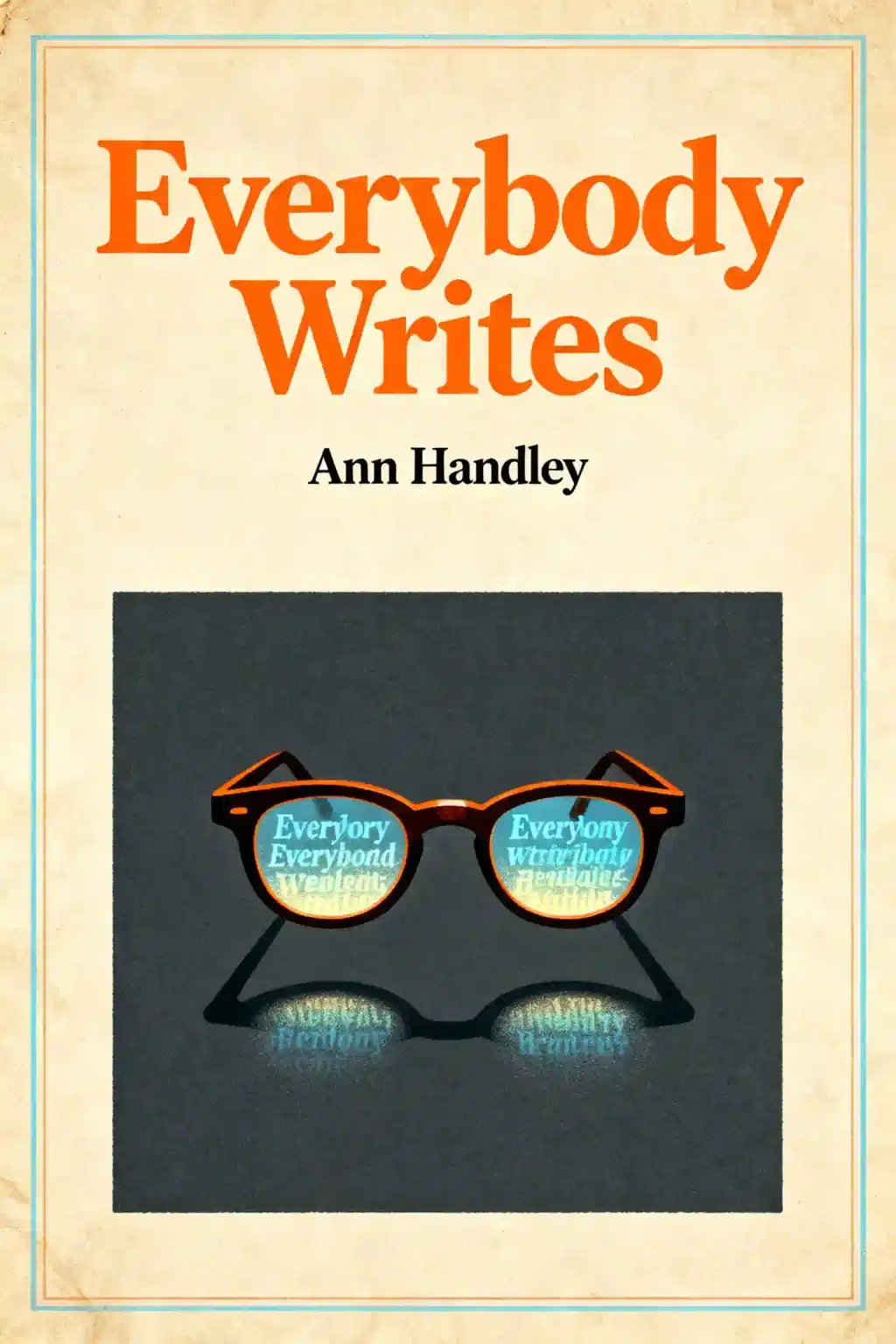
Your Turn by Julie Lythcott-Haims Summary
Overview of Your Turn
In "Your Turn," former Stanford dean Julie Lythcott-Haims redefines adulthood beyond traditional milestones. With the wisdom that earned her TED Talk 5+ million views, she offers a compassionate roadmap to authentic adulthood. What if becoming an adult isn't about achievements, but developing agency and resilience?
Similar books to Your Turn
Feel the book through the author's voice
Turn knowledge into engaging, example-rich insights
Capture key ideas in a flash for fast learning
Enjoy the book in a fun and engaging way
Key takeaways
When Life Stops Handing You Instructions
What happens when you realize nobody's coming to save you? That moment hits differently for everyone. Maybe it's staring at a pile of bills, or navigating a breakup alone, or simply waking up and thinking, "Wait-I'm supposed to know what I'm doing now?" We've been handed a script for adulthood that no longer works. The old formula-school, career, marriage, house, kids-has dissolved into something far messier and more personal. And here's the truth nobody wants to admit: that's actually liberating. Because adulthood isn't a destination you arrive at with the right credentials. It's a practice you get better at through trial, error, and the courage to keep showing up for your own life. Stop waiting for your life to look like someone else's highlight reel. The traditional markers of adulthood have crumbled-not because this generation is failing, but because the world has fundamentally changed. Education is now lifelong. Careers shift multiple times. Marriage and children have transformed from requirements into choices. When young adults today define adulting, they talk about independence, making decisions, handling consequences, and realizing "you don't have to" do things that don't serve you. There's no finish line to cross, no moment when you suddenly have it all figured out. The question isn't whether you're ready. It's whether you're willing to start.
Building Real Competence Through Action
Embracing Failure and Finding Your Authentic Voice
Taking Focused Action and Getting Unstuck
The Relationships That Actually Sustain You
Caring for Your Body and Mind as Foundation
Making Your Mark on a World That Needs You
Quick Summary Mode - Read or listen to Your Turn Summary in 9 Minutes
Break down key ideas from Your Turn into bite-sized takeaways to understand how innovative teams create, collaborate, and grow.
Flash Card Mode - Top 7 Insights from Your Turn in a Nutshell
Distill Your Turn into rapid-fire memory cues that highlight Pixar’s principles of candor, teamwork, and creative resilience.

Fun Mode - Your Turn Lessons Told Through 22-Min Stories
Experience Your Turn through vivid storytelling that turns Pixar’s innovation lessons into moments you’ll remember and apply.
Personalize Mode - Read or listen to Your Turn Summary in 0 Minutes
Ask anything, pick the voice, and co-create insights that truly resonate with you.

From Columbia University alumni built in San Francisco
"Instead of endless scrolling, I just hit play on BeFreed. It saves me so much time."
"I never knew where to start with nonfiction—BeFreed’s book lists turned into podcasts gave me a clear path."
"Perfect balance between learning and entertainment. Finished ‘Thinking, Fast and Slow’ on my commute this week."
"Crazy how much I learned while walking the dog. BeFreed = small habits → big gains."
"Reading used to feel like a chore. Now it’s just part of my lifestyle."
"Feels effortless compared to reading. I’ve finished 6 books this month already."
"BeFreed turned my guilty doomscrolling into something that feels productive and inspiring."
"BeFreed turned my commute into learning time. 20-min podcasts are perfect for finishing books I never had time for."
"BeFreed replaced my podcast queue. Imagine Spotify for books — that’s it. 🙌"
"It is great for me to learn something from the book without reading it."
"The themed book list podcasts help me connect ideas across authors—like a guided audio journey."
"Makes me feel smarter every time before going to work"
From Columbia University alumni built in San Francisco

Get the Your Turn summary as a free PDF or EPUB. Print it or read offline anytime.










